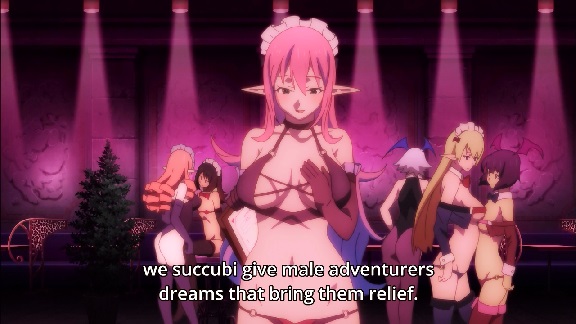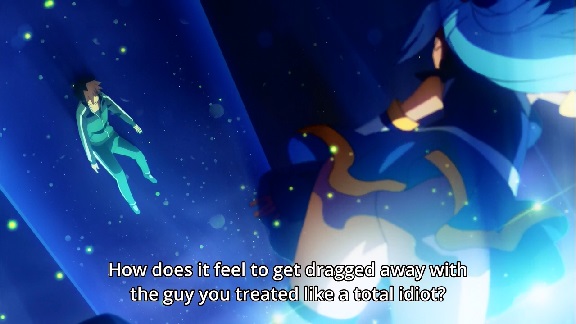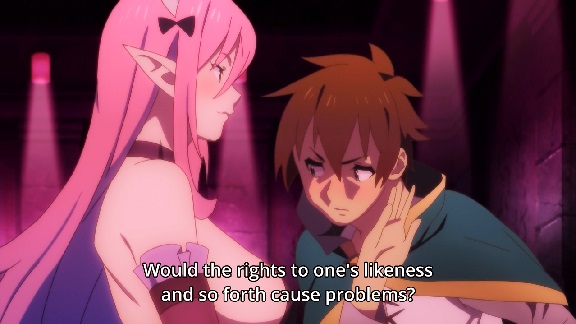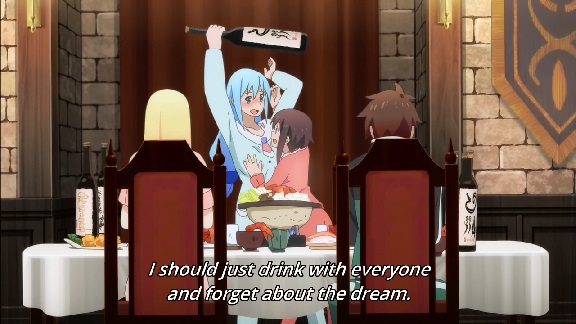What with it being barely a week before Mancunicon kicks off and the programme having been published, what better time to lists the panels I’ll be appearing on? N-not that I expect people to go to them just of course.
The Year Just Gone and The Year Ahead in Books — Saturday 11:30 – 12:30, Room 8&9 (Hilton Deansgate)
What kind of year was 2015 for the speculative genres? What were the patterns, the trends, the themes? Do the awards shortlists announced so far reflect the year as we read it? And — for a change of pace — what are we looking forward to in 2016?
Johan Anglemark (M), Martin Wisse, Niall Harrison, Nina Allan, E.G. Cosh.
Book Reviews in the Age of Amazon — Sunday 13:00 – 14:00, Deansgate 3 (Hilton Deansgate)
It has become a cliché to say that reviewing has changed in the digital era. In place of relatively few “gatekeeper” reviewers in relatively few venues, we have a commons where anyone can review if they choose – and where, increasingly, simple volume of reviews is a determinant of a book’s success. In a world where reaching the magic number of 50 Amazon reviews can have a significant impact on an author’s career, is reviewing moving from something that anyone can do to something that everyone should do, if they can? What are the implications of such a shift, for the nature of reviews, and for the relationships between readers, authors, and publishers? And who wants to be the party-pooper who brings a favourite author’s star average down?
Chris Kammerud (M), Glyn Morgan, Sarah Pinborough, Martin Wisse.
A Future Europe — Sunday 17:30 – 18:30, Room 6 (Hilton Deansgate)
By the time the Helsinki Worldcon arrives the UK may no longer be a part of Europe in a political sense, but in an artistic sense the two will no doubt continue to mingle. What European characteristics and strands can be identified in British SF? How have European ideas shaped British futures, and vice versa?
Martin Wisse (M), Anna Feruglio Dal Dan, Karo Leikomaa, Christopher Priest, Ivaylo Shmilev.
Note that little “m” after my name? That means I’ll be moderating the panel, which will be a first for me.




